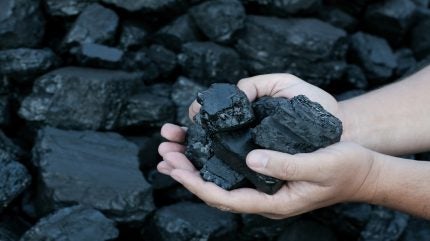
The Alberta Energy Regulator (AER) has approved, with conditions, Northback Holdings’ applications for a coal exploration programme (CEP), deep drill permit (DDP) and temporary diversion licence (TDL) at the Grassy Mountain site in southern Alberta, Canada.
The decision was made after a public hearing and careful consideration of the applications’ adherence to regulatory requirements and public interest, the AER stated.

Discover B2B Marketing That Performs
Combine business intelligence and editorial excellence to reach engaged professionals across 36 leading media platforms.
The CEP involves conducting exploration on public lands, the DDP involves drilling to depths between 150m and 550m, and the TDL encompasses withdrawing 1,500m³ of water from an end-pit lake for exploration drilling activities.
These applications are part of Northback’s efforts to better understand the extent of the Grassy Mountain coal deposit and structurally model the coal seam complexities.
The exploration programme is set to take place at the existing unreclaimed Grassy Mountain mine site, targeting coal seams in the Mist Mountain Formation, to obtain raw coal samples and improve knowledge of the coal deposit.
The AER panel found that the exploration programme, which includes 23 drill pads and 33 boreholes, with 11 drill pads and 14 boreholes on public land, will not result in new disturbances as it will utilise existing roads and previously disturbed land.

US Tariffs are shifting - will you react or anticipate?
Don’t let policy changes catch you off guard. Stay proactive with real-time data and expert analysis.
By GlobalDataThe sites will be reclaimed to their previously disturbed state after drilling operations are complete.
Northback also conducted First Nations consultation as part of the CEP application process.
The decision has been communicated to all hearing participants and to the company, with the CEP application specifically pertaining to activities on public lands.
The project was initially rejected in 2021 when a panel determined that the potential environmental impacts on fish and water quality outweighed any possible economic advantages.
However, the project was reintroduced two years later, and last year it received an exemption from Alberta’s ban on open-pit coal mines, as it was classified as an advanced proposal, reported Bloomberg.





